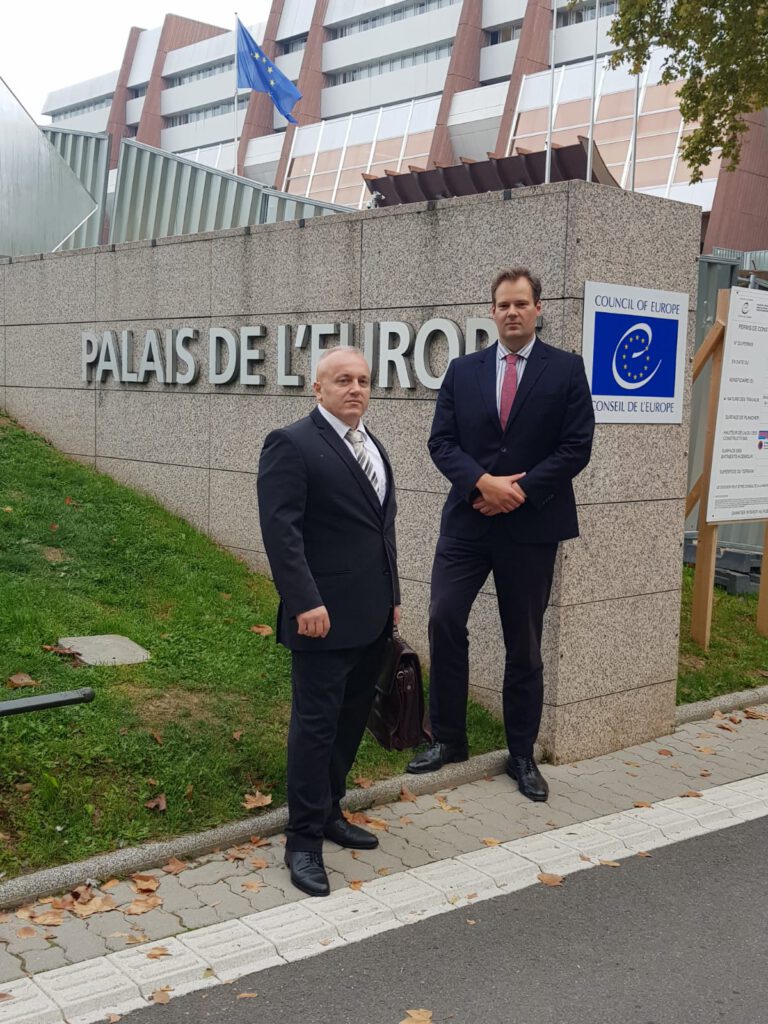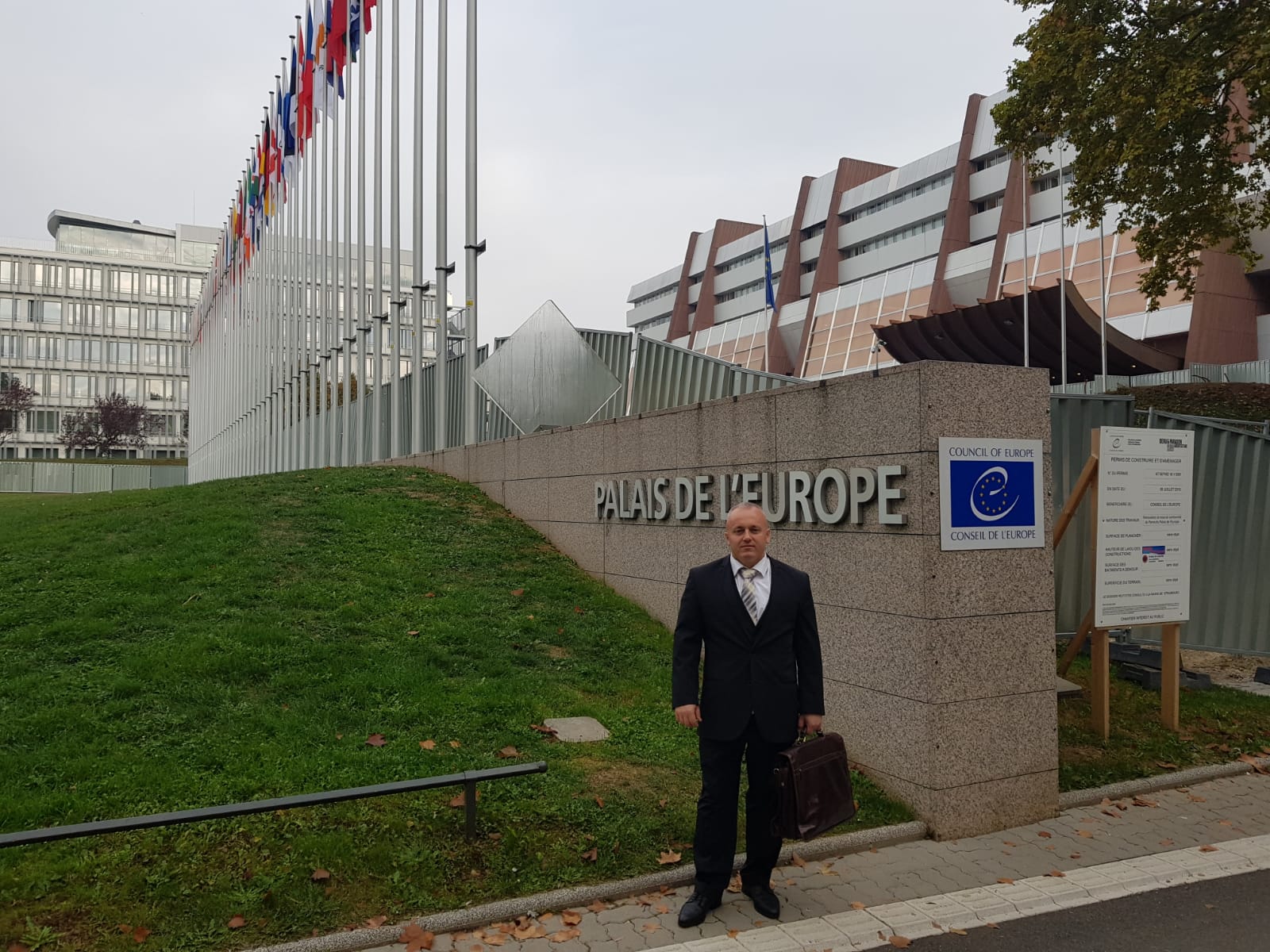On 11 October 2018, the Democratic Foundation of Chameria President Festim Lato visited the Council of Europe in Strasbourg, France, to discuss the situation of the Cham community and seek support for the president’s actions to remedy the continuing marginalisation of the Cham people and their human rights issues. The president was accompanied by Mr. Ali Aliu and Mr. Jeroen Zandberg.
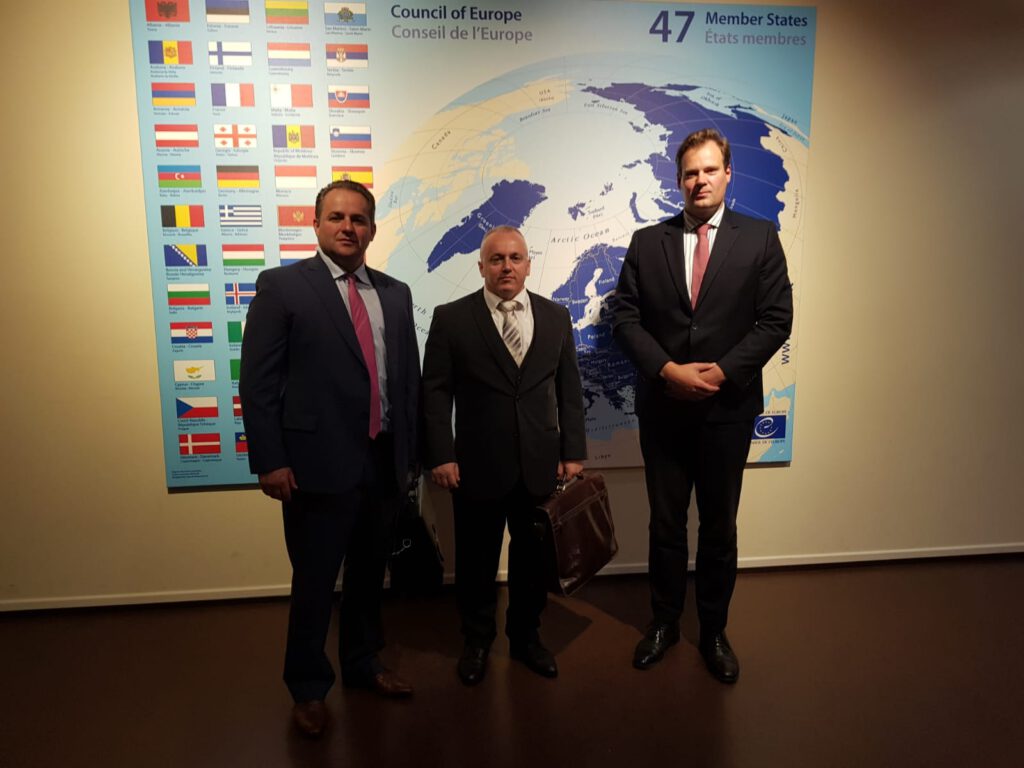
The Chamerian delegation was glad to hear that the Council of Europe is positively inclined towards helping solve the current human rights issues of the Cham community, which are a legacy from historical injustice, and secondly that there might be openings for the Council of Europe to help put the Cham issue on the political agenda in the near future.
The Chamerian delegation very frequently visits the European Parliament in Brussels and participates in political dialogue to bring the Cham issue into the European political arena.

The Council of Europe shares the flag and anthem with the European Union. However, the Council of Europe is a completely different organisation from the EU. It was founded in 1949 and has 47 member states, instead of the 28 states of the EU.
Unlike the EU, the Council of Europe cannot make binding laws, but it does have the power to enforce select international agreements reached by European states on various topics. The best known body of the Council of Europe is the European Court of Human Rights, which enforces the European Convention on Human Rights.
The Council’s two statutory bodies are the Committee of Ministers, comprising the foreign ministers of each member state, and the Parliamentary Assembly, composed of members of the national parliaments of each member state. The Commissioner for Human Rights is an independent institution within the Council of Europe, mandated to promote awareness of and respect for human rights in the member states.

The Parliamentary Assembly of the Council of Europe holds four sessions each year. The fourth and final session of 2018 is from 8 to 12 October 2018.
The Chamerian delegation visited the Council of Europe in Strasbourg, France, and met with several persons to discuss support on a political as well as a human rights level.
The Parliamentary Assembly is a body made up of parliamentarians from the 47 member states and has the ability to table any political issue it deems relevant for the work of the Council of Europe. Republic of Chameria President Festim Lato is hopeful that, following an official request from the Republic of Chameria, the Council of Europe will provide support to the governments of Albania and Greece to place the Cham issue on the political agenda in order to get greater peace and stability in the Western Balkans.
The Chamerian delegation has been communicating with several parliamentarians from the Parliamentary Assembly in the run up to this autumn session and he is hopeful that the Cham issue will be raised in a formal setting during the next session of the Parliamentary Assembly of the Council of Europe.

Furthermore, during the visit to Strasbourg the Chamerian delegation also made it a priority to focus their attention on improving the immediate human rights situation of the Cham community and to seek assistance in stopping their discrimination and marginalisation. During a meeting with the office of the Commissioner for Human Rights the president provided detailed information about some of these human rights violations, including the discrimination against those Cham who were born in Chameria and are unable to cross the Albanian-Greek border due to an unfair law and its subsequent implementation.
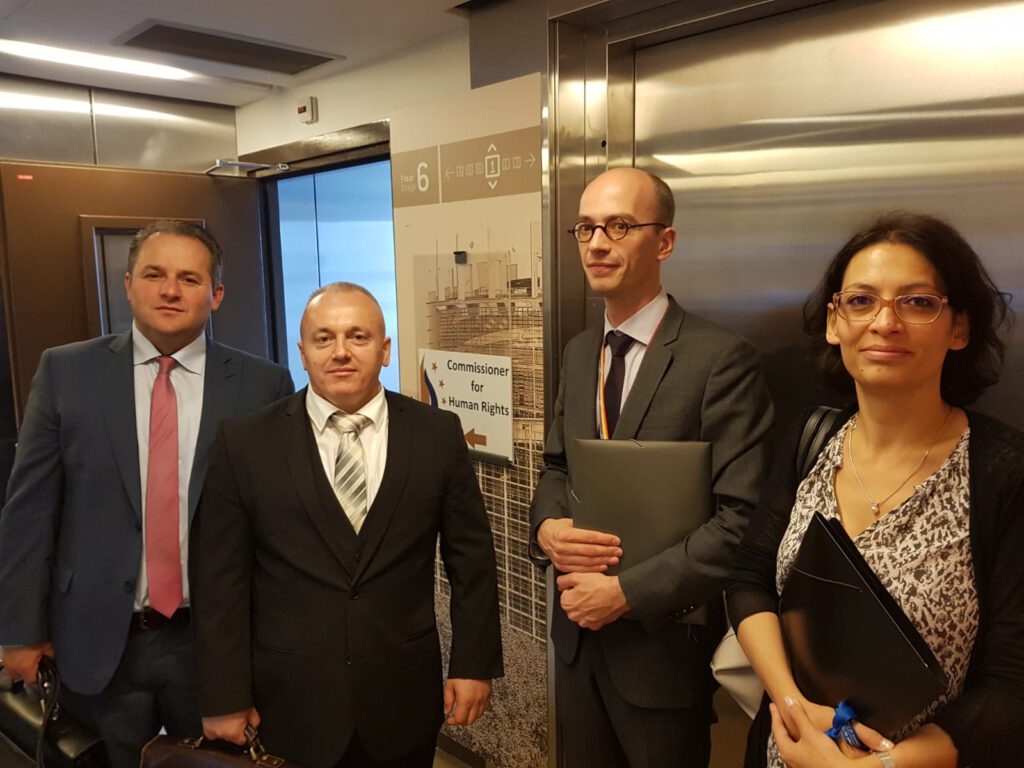
The office of the Commissioner for Human Rights was very interested and receptive to the calls for help and provided the Chamerian delegation with a great deal of information about other mechanisms as well as several options for the Council of Europe to move the resolution of the issue of the human rights of the Cham people forward. Several specific measures that the Commissioner could take to help the Cham community and other minority groups in Greece in the near future were discussed.
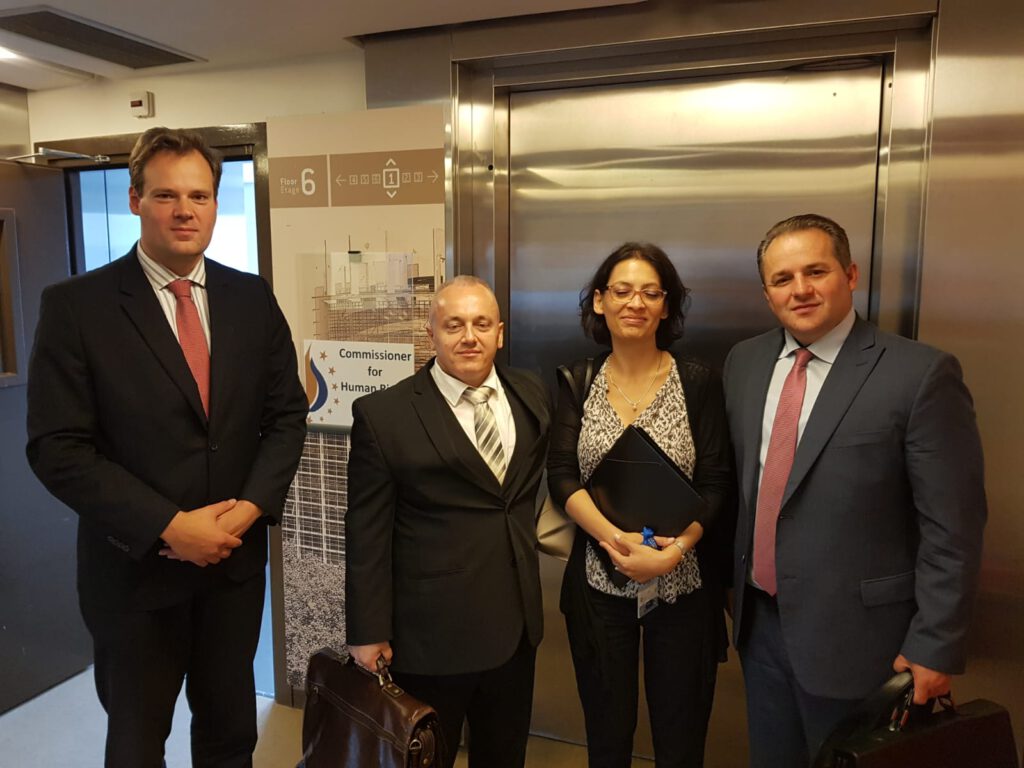
The upcoming roundtable conference in December 2018 in Helsinki, Finland, organised by the Commissioner will bring the main human rights organisations of Greece together, where they will discuss with her the most pressing human rights issues.
The Commissioner for Human Rights, Dunya Mijatović, assumed office this year and her mandate runs until 2024. She is herself from the Balkan region and understands the importance of improving peace and stability in the Western Balkans.
The Commissioner holds official country visits to all of the 47 member states in order to discuss the human rights situation in those countries, as well as to collect information on the ground about the current situation. The first three visits in her mandate were to Albania (21-25 May 2018), Estonia (11-15 June 2018) and Greece (24-29 June 2018), which provides an indication that she is on top of the situation in the Western Balkans and sees the resolution of the lingering issues, including that of the Cham, as a priority for the Council of Europe.
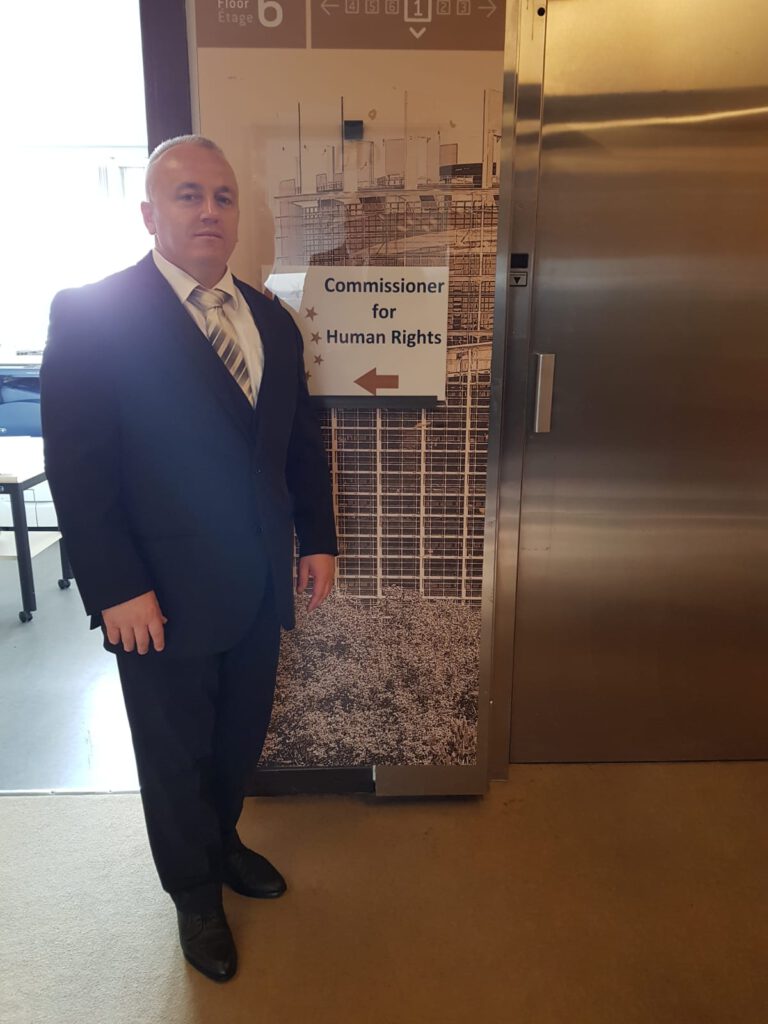
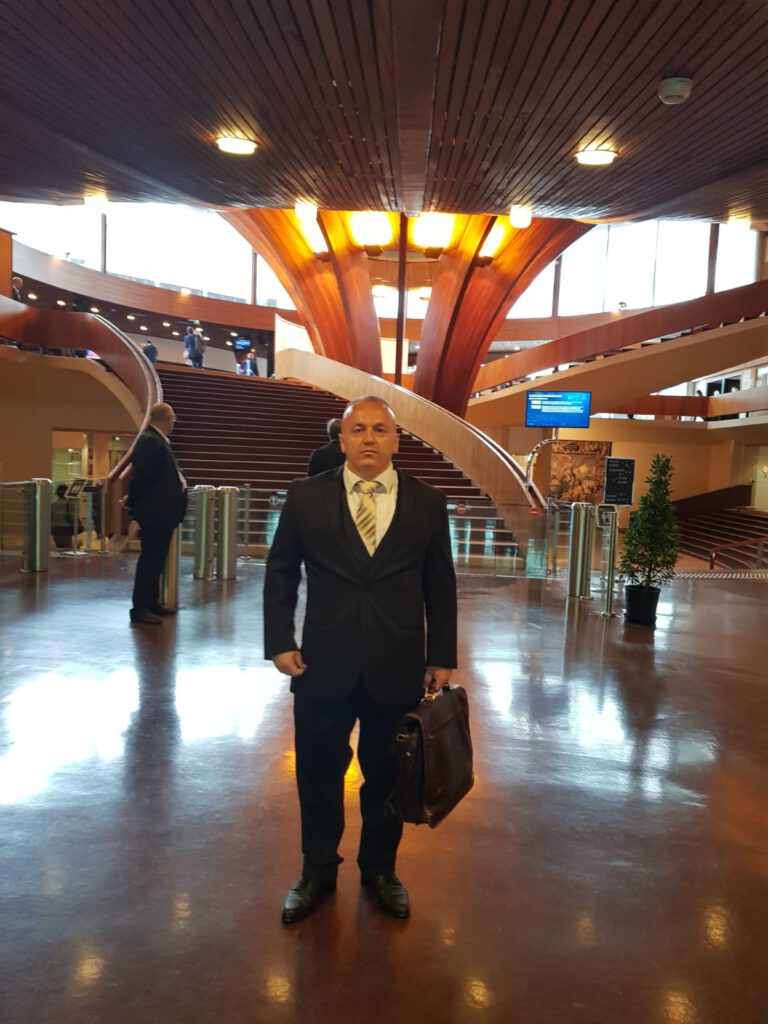
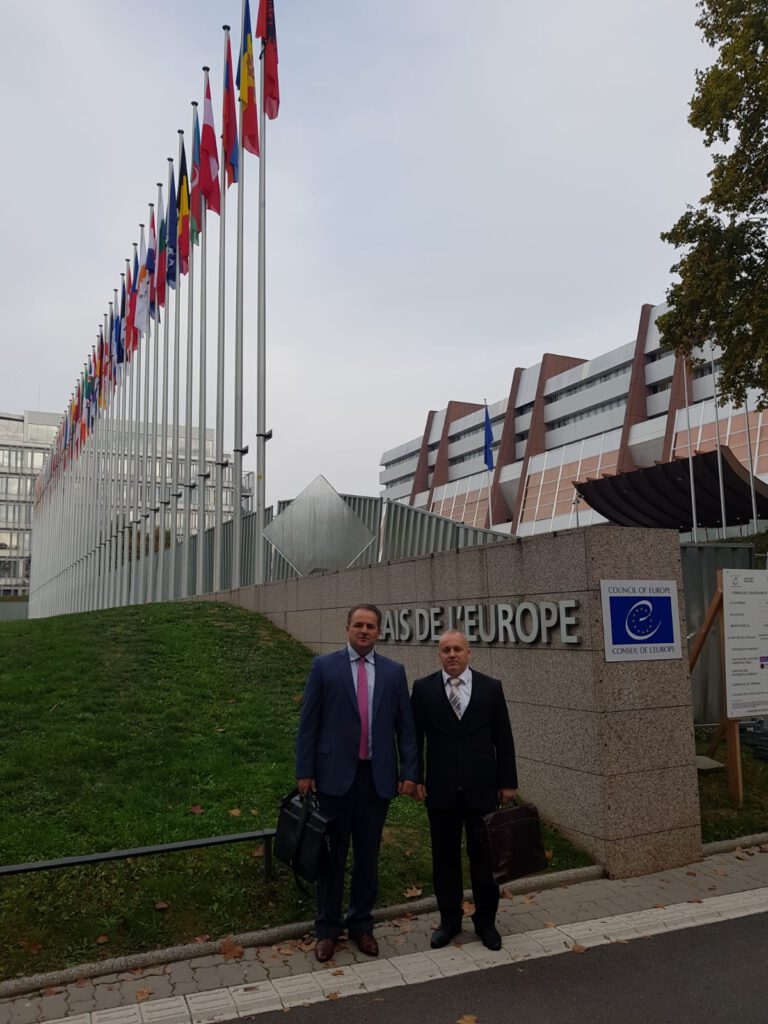
Unfortunately, there are several obstacles that the various bodies of the Council of Europe face in supporting the case of the Cham. Firstly, the resolutions of the more political Parliamentary Assembly are not binding. Secondly, Greece has signed but not ratified the specific treaty and thirdly, cases can only be brought before the European Court of Human Rights when the legal procedures in the member countries have been exhausted.
Nevertheless, the Council of Europe has a good track record in being a promoter for bringing greater cohesion in Europe and addressing the human rights issues that violate the European values. The Chamerian delegation is therefore convinced that the Commissioner for Human Rights, as well as the various parliamentarians and their assistants with whom they have discussed the political issues, will be a champion for the cause of the Cham people. The president will continue to be in touch with them and work with the bodies of the Council of Europe in the strategy to get freedom for the people of Chameria.
